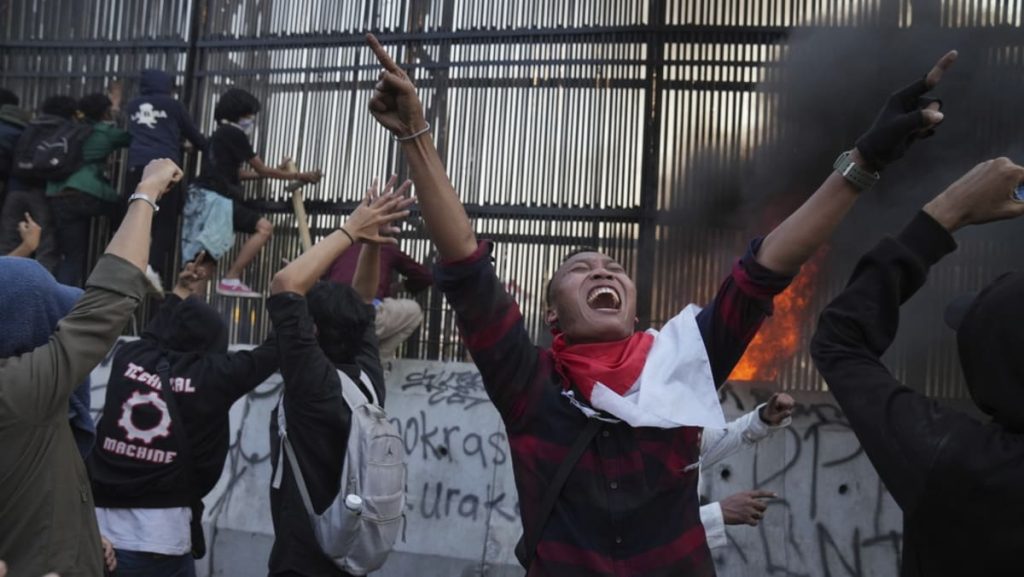The Jokowi-Prabowo alliance is seen as tenuous, with Professor Vedi Hadiz noting that once Prabowo assumes the presidency, Jokowi’s influence is likely to decrease significantly. To maintain some leverage, Jokowi is positioning loyalists in key positions and ousting potential threats. While Jokowi has historically had high approval ratings, his recent actions aimed at power-grabbing and maintaining influence are causing some Indonesians to lose patience. It remains to be seen whether the current protests will lead to more consistent monitoring of elites by civil society.
There is uncertainty regarding whether parliament will reconvene before the upcoming regional elections registration on August 27. Professor Chin believes the chances are virtually zero, particularly due to the widespread public outcry against potential attempts to change laws. The youth in Indonesia are particularly distrustful of the political elites and are closely monitoring the situation to prevent any attempts at a sneak session to pass laws benefiting those in power. This lack of trust in the leadership and parliament could make passing laws before the registration deadline logistically impossible.
Professor Hadiz highlights Jokowi’s efforts to place allies in key positions as a means of maintaining some influence post-Prabowo’s assumed presidency. By ousting potential threats and ensuring loyalty among key figures, Jokowi is trying to avoid becoming obsolete once Prabowo takes office. The majority of Indonesians are becoming increasingly impatient with Jokowi’s actions, which are perceived as blatant attempts at power retention. The fragmented and disorganized nature of the opposition makes it difficult for consistent monitoring and accountability of Indonesian elites.
The discord between Jokowi and Prabowo within their alliance is evident, as Jokowi aims to secure his influence post-Prabowo presidency through strategic placements of loyalists. This tenuous relationship is further complicated by the growing disapproval from the Indonesian public towards Jokowi’s power-grabbing actions. The resistance against potential changes to laws by political elites in the country reflects the lack of trust and skepticism towards the government’s intentions. The upcoming regional elections registration deadline adds urgency to the situation, as youth activists and civil society organizations closely monitor any attempts to convene parliament. The political landscape in Indonesia remains complex and unpredictable, with lingering tensions and power struggles at play.


